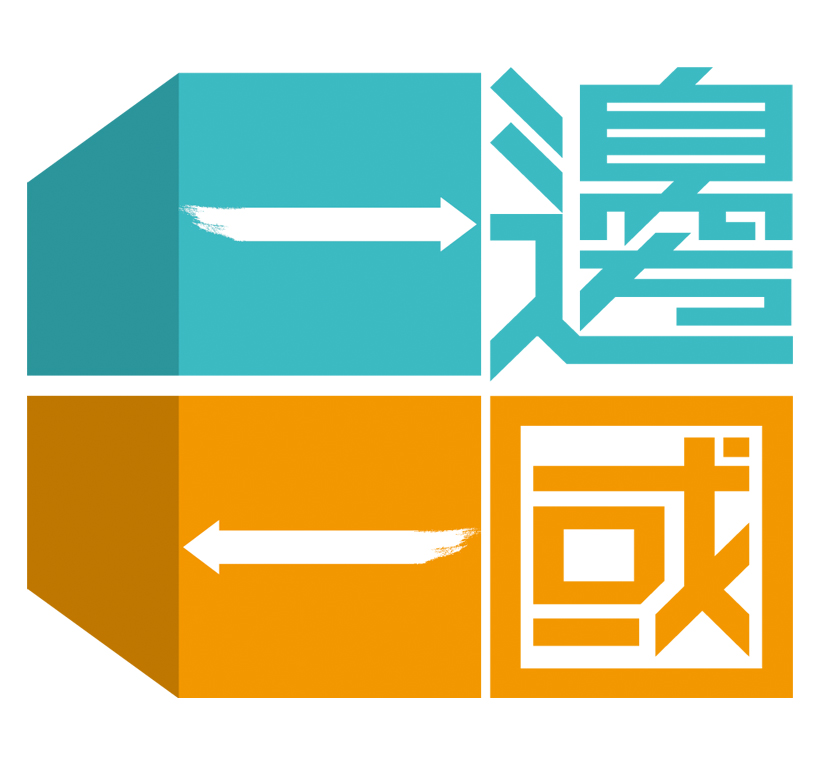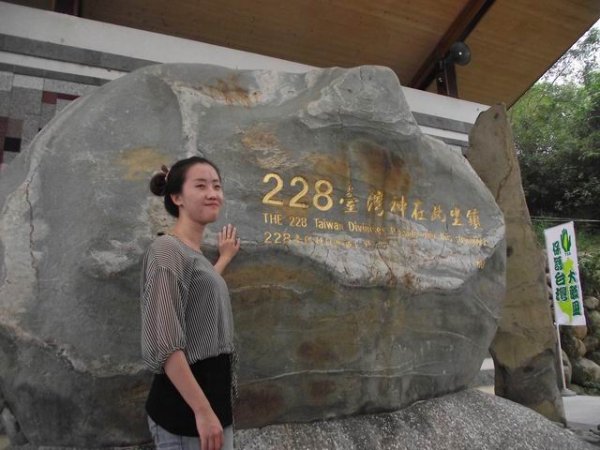
在台灣,前總統的尊嚴必須得到尊重
美國華府人權行動中心(HRAC)對陳水扁人權的調查報告
相較於它的過去,我們肯定台灣的大幅進步。秉著意願和智慧,台灣與韓國同時從集權政府成功演變成一個多元化的民主制度。在東亞,雙雙是尊重人權與國際準則的表率,也啟發了其他國家邁向民主。但是令人不安的是,目前台北的領導者馬先生似乎已經迷失了方向,恢復過去的集權政府心態。
華府人權行動中心今年九月造訪台灣,對兩任總統陳水扁被監禁的狀況進行評估。從醫療專業人士的證詞,已經出爐的診斷報告,與各黨派官員的會談,以及與陳水扁本人的面會,本中心對陳先生人權處境的了解已十分明確。
陳水扁四年來被監禁的狀況是造成他健康惡化的主因。目前他痼疾與新病併發,極需醫療。簡單地說,陳先生被台灣的監獄系統惡劣虐待。有多惡劣?他的牢房太小,睡覺時腳都無法伸直,每天被關在牢房中,超過23小時,沒有床,沒有桌子,沒有椅子,一個明亮的日光燈每天24小時開著,提供照明,所以監視器可以監看他的一舉一動,甚至當他使用沒有沖水設備的糞坑也不放過。他的罪行,如果真有,也是非暴力性。相較之下以暴力侵犯人權的秘魯前總統藤森被關在有四個房間的牢房,美國的尼克森總統也被赦免不曾監禁。兩次贏得台灣總統大選的陳先生即使不被赦免也應在監獄裡享有一些禮遇。
然而監獄當局,司法部,特別是馬英九自己都不願提供完整的醫療保健給這位前總統。這直接造成陳先生健康的急速惡化。我們與法務部的會談中,法務部長向我們再三保證,會提供陳先生公正和充分透明的醫療保健。然而,這些承諾大致都被丟棄或忽略,讓關注人權或關心台灣在國際社會的聲譽的人士十分痛心。
我們再次呼籲馬團隊、司法部、立法院長、台北市市長的辦公室、國民黨本身以及所有有意維持台灣在國際上被當作一個成熟民主的相關人士。我們要求讓陳水扁先生接受一個全面和完整的醫療照顧。醫療團隊也應廣納人才,更要考慮給予他保外就醫,大赦,或軟禁服刑。根據陳水扁這四年被監禁的結果,我們的判斷是,陳先生應該被釋放回家以恢復健康,甚至平靜地死去。馬政府對這個人已經做了太多的傷害。雖然目前他在台北榮總精神病科接受診治,但是仍然受到威脅,預計住院一個月後即可復原,會被送回到台北監獄。在台灣有些人甚至可以預測心理疾病復原的時間。這項超能力十分驚人。
陳先生有許多嚴重病狀。他四年的監禁已導致心臟疾病,呼吸困難,小便問題,睡眠呼吸暫停,口齒不清,口吃等等。他更被診斷出患有嚴重的憂鬱症和被害妄想症。陳先生的核磁共振測試影像中,已發現至少16處疑似腦梗塞或小中風的白點。他從頭到腳都是問題,只有長期護理照顧,才有機會復原。出院後直接送回監獄等於對他判處死刑。由於台灣社會分歧嚴重,本中心認為這種後果會造成台灣政治從此紛爭不斷。
台灣的政治紛爭隨著這位前總統的健康逐漸惡化。足以維繫多元族群的社會團結,也逐漸崩裂。馬總統目前的超低支持率就是明證。
根據我們見證馬政府雖作出承諾然而一再食言的經驗,我們深信照顧陳水扁健康的唯一方式,必須是將他交由獨立醫療團隊診治,或是假釋、大赦或軟禁。監獄當局很明顯沒有決策權,掌權的總統辦公室更沒有意願讓他受到完善醫療照顧,似乎執意迴避對所有台灣人民的應負的責任。
本中心歡迎任何有興趣的記者前來採訪,我們也願意發表評論給決策者。我們更會尋求更多管道盡全力提高國際社會對這個問題的關注。我們與人權團體,與台灣人民,以及所有關心國際社會準則的人士都站在一起。我們與陳水扁的健康和醫療福祉站在一起。我們很高興美國國會的民主黨和共和黨人士也支持陳先生的保外就醫。我們也邀請台灣政府當局在精神上,言語上和行動上與我們站在一起。我們期待馬政府儘快加入我們的行列。 2012-11-01
In Taiwan, Former President's Dignity Must Be Respected
Report by Human Rights Action Center
Imagine Taiwan in the past and how far it has come. The willingness and wisdom to evolve into a pluralistic democracy from an authoritarian system has been in step with South Korea as leading the transformation in respecting human rights and international standards in East Asia. The moves made towards these standards have lit the way for other countries making transitions towards democracy. How troubling that currently the leadership in Taipei of Mr. Ma seems to have lost its way and to have reverted towards the more monolithic past.
The Human Rights Action Center has conducted an assessment of the conditions under which Taiwan has kept its former two-term president incarcerated. From the testimony of medical professionals, from a review of the medical records which have been released, from meetings with officials across the spectrum of the political divide, and from time spent directly with Chen Shui-bian himself, our conclusions are unequivocal.
Chen Shui-bian's conditions of his four-year detention have contributed to both the worsening of pre-existing medical conditions and the creation of new medical needs. Simply put, Mr. Chen was treated badly in the prison system of Taiwan. How bad was it? The smallish cell did not allow him to stretch out while sleeping; he was confined in this cell over 23 hours a day; no bed, not desk, and no chair; a bright fluorescent light was on 24 hours a day so that a monitor could watch his every move even when he used the no-flush toilet hole. His crimes, if valid, were non violent. Unlike the former President of Peru, who is in jail for violent human rights abuses, has a four room cell and unlike Richard Nixon of the United States who was pardoned and set free. Winning the vote of your nation twice should entitle one to something even if in prison, if not pardoned.
The unwillingness of the prison authorities, the Ministry of Justice, and the administration of Ma Ying-jeou himself to provide access to complete medical care has been both a complicit and active cause of grave health complications for the former elected president. The understandings we were given that there would be impartial and fully transparent access to medical care permitted? They have been largely discarded or ignored, much to the distress of those concerned with human rights or those concerned with Taiwan's standing in the international community for such issues.
We urge, again, for the administration of President Ma, the Ministry of Justice, the Office of the Speaker of the Legislative Yuan, the Taipei Mayor's Office, the KMT itself and all those interested in Taiwan's continued credibility as a mature democracy, we urge that there be a full and complete allowance of Chen Shui-bian to be treated according to the assessment of a team composed of as many "green" doctors as "blue" ones. We further urge that the government consider granting medical parole, amnesty, or the ability for him to serve his sentence out under house arrest. Our judgment based on the results of the first four years of Chen's imprisonment is that Mr. Chen should be released to go home and recover or die in peace. Enough damage has been done to this man. He is presently in a psychiatric hospital for a month with the threat of returning to prison after that. Is the government of Taiwan really the best group to be judging their former political opponent's mental health?
Mr. Chen has many medical problems. His confinement has caused him to experience heart conditions, difficulty in breathing, urinating problems, sleep apnea, slurred speech and stuttering. And he has been diagnosed with severe depression and victim paranoia. MRI tests showed that Mr. Chen has suffered at least 16 cerebral infarcts or mini-strokes. From to toe to foot, there are problems that only long-term care could take care of. Sending him back to jail after his release from the hospital would be a death sentence. Given the serious differences in Taiwan, this would argue well for the future of politics there.
The divisions in Taiwan's body politic are worsening with the condition of the former president. The social unity that once managed to arch across Taiwan's diversity of peoples is fracturing. The fact that President Ma faces low approval ratings.
Our current experience of watching the government make statements of assurance and then to abandon them leads us to believe that the only way in which Chen's health will be able to be looked after are under the independent care of his own medical team or through something like parole, amnesty, or house arrest. The prison authorities have shown little inclination to be capable or willing to follow through. The office of the president seems to be avoiding the responsibility of its legacy to all the peoples of Taiwan.
We are available for interview or comment to any interested journalists and policymakers and will be pursuing channels for maximizing international attention on this issue. We stand with the human rights community, with the peoples of Taiwan, and with those interested in the international standards of the community of nations. We stand with the health and medical well-being of Chen Shui-bian. We are pleased to know that Democrats and Republican congresspeople support medical release. We invite the government of Taiwan to stand with us in spirit, speech, and action and we look forward to being joined. (2012-11-01)
source: 陳總統辦公室
| 











